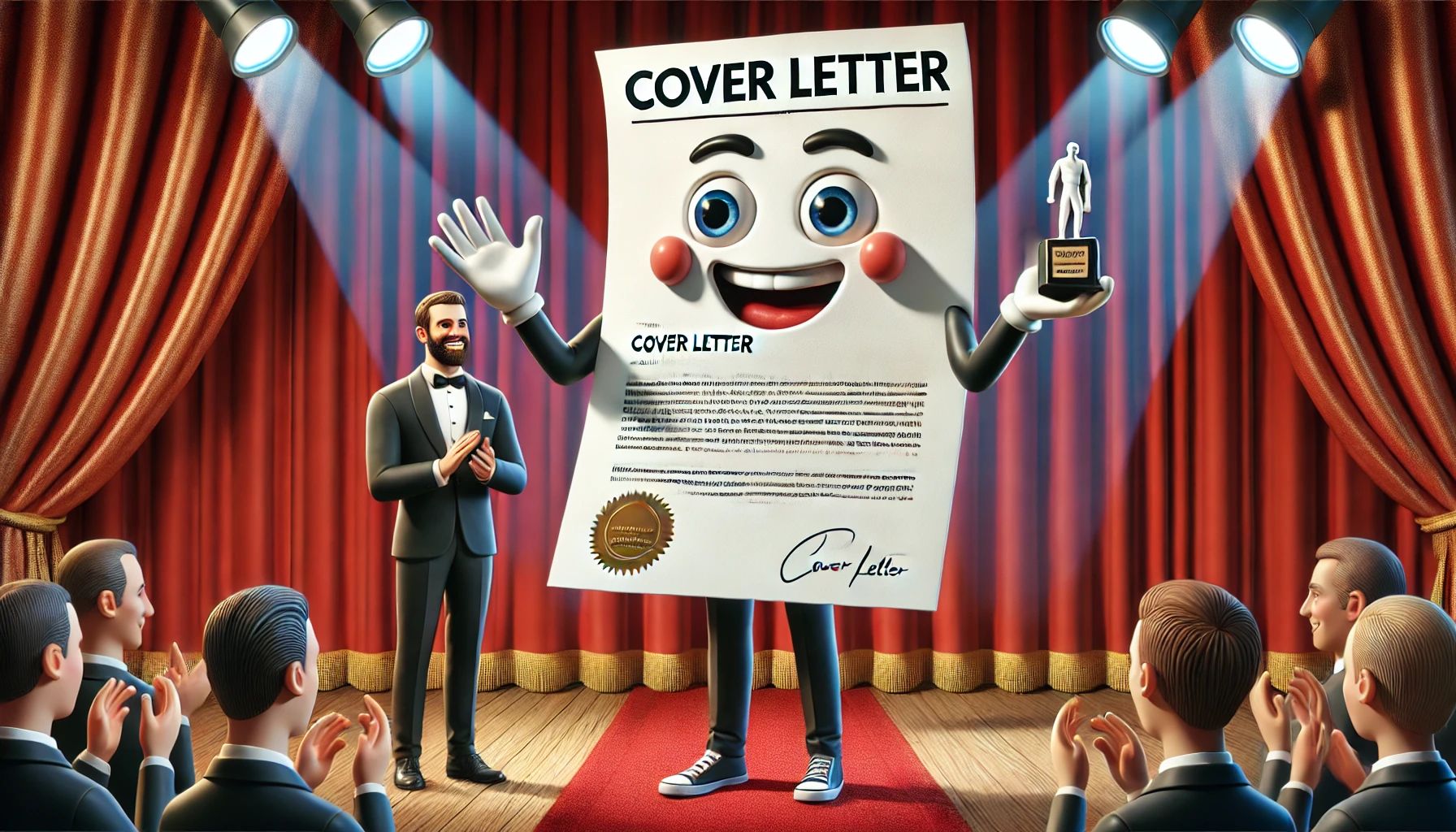Your resume is competing against what can at times be 250 other resumes. As such, nuance issues within your resume can cost you. We like to call them resume killers. A surface level analysis of the raw numbers alone demonstrate that possessing qualifications alone won’t necessarily result in an interview. So what could it be that is tripping your resume up? Why the other guy’s application and not yours? Well, as resume writers, our value to our clients is in the nuance. Your raw content can be on point. Yet there can be some under-appreciated nuance resume killers that can be limiting your resume’s success. In this two-part series, we cover some of those little-known resume killers that can be giving your process the blues. Now, my wife is a big fan of The Big Bang Theory. So in her honor, I tried to give each of these factors a catchy title similar to that show’s episode titles. (Yeah, it’s it’s a resume blog, but we still eat to have fun where we can, right?)
The “Soft Skill Bombardment” (excessive use of superlatives in lieu of hard, relevant skills)
Any recruiter or hiring manager will tell you that this is a major annoyance (this is my least favorite “resume killer” as well). This erroneous approach involves giving the reader a constant flow of undocumented soft skills that score zero points because, quite frankly, everyone thinks they have them. You tell me, out of 100 applicants, how many would claim NOT to have or be the following:
- Hard working
- Focused
- Team player
- Multi-tasker
- Honest
- Diligent
The answer is ZERO! So if everyone claims it, how does it differentiate you on the resume? Well, it doesn’t! (Yep … resume killer!) In fact, if your resume is jam-packed with these, what it tells your reader is that you have no REAL skill set, qualifications or expertise to communicate. It does JUST THE OPPOSITE OF WHAT YOU INTENDED. HR managers and recruiters will immediately assume you have nothing real to say and “BAM”, trash can.
The “Laundry List Debacle” (all bullet format)
Somewhere along the way, it started to be taught that bullet points were a great way to quickly communicate information to the reader on a resume. And while this is true in a vacuum (or compared to an all-paragraph format) you don’t want a resume that is littered with them. This pretty much defeats the purpose of having them. If a reader with limited time and concentration glances a resume that is bulleted from top to bottom, nothing will stand out to them. The homogenous look and presentation then serves no purpose. A well designed resume with make strategic use of bullet points to highlight items they don’t want their reader to miss. When used sparingly, the bullet points stand out. They send a signal to the reader that “something significant is about to be read here”. When you only have 15 seconds to convince them to call you in for an interview over 90 other applicants, every second you save them in finding your strengths puts the chances in your favor.
The “Run-on Turn-off” (Lengthy Sentences)
Have you ever write listening to someone who held a conversation for 10 minutes seemingly without ever taking a breath? Follow valve, isn’t it? Busy hiring managers and recruiters like receiving information in easily digestible bites. It takes less concentration and delivers the desired message all the same. The consensus seems to be that 15-20 words per sentence is optimal. Microsoft Word is a very powerful piece of software. One of the tools includes a word and character count feature. This is a great tool for gauging how you are coming along in keeping your resume easy to digest and a pleasure to review. Monitor those sentence lengths to ensure your tired and worn out reader does not lose focus and concentration when reading your resume. Stay tuned for part 2 of Little Known Resume Killers.
























